2 Dec 2017
Legal loophole fuels secrecy | The Advertiser
SHERADYN HOLDERHEAD | POLITICAL REPORTER
THE public’s right to know is being thwarted by a legal loophole that allows State Government Ministers and police to hide sensitive documents from public scrutiny. Under South Australian
law, people seeking documents under Freedom of Information laws from ministerial offices or police cannot demand an investigation into whether there was an adequate search.
But State Ombudsman Wayne Lines said while questions over the sufficiency of searches did frequently arise, he was powerless to investigate. “There’s less accountability by Ministers in terms of the reasonableness and thoroughness of their searches,” he said. “That’s a gap there that needs to be addressed. In other states the sufficiency of searches is captured (under FOI laws) so we are out of synch with other jurisdictions.”Mr Lines said the gap became clear earlier in the year when the SA Civil and Administrative Tribunal, which now overseas FOI laws, highlighted the issue
in a decision. “All I can do is either confirm, revert or vary a determination to release documents,” Mr Lines told The Advertiser. “I don’t have the power to actually check on whether the agency has done (a) sufficient search for the documents within the scope of the application. “Neither does the SACAT, because that type of decision isn’t captured by the definition of determination in the FOI Act.” Mr Lines said the only way he could investigate the thoroughness of any search was if the applicant separately made a complaint under the Ombudsman Act. “But neither the police or
ministers are subject to the Ombudsman Act,” he added.
Attorney-General John Rau said his department was reviewing FOI laws and would consider the issues raised by the Ombudsman in that review. “I have committed to keeping the Ombudsman updated on the progress of the review,” he said. But Mr Rau would give no indication of whether the Government would announce plans to change the law prior to the state election in March. Last year the Government rejected 33 reforms to the FOI system that were raised in State Parliament by the Greens that were passed by the Upper House.
The changes were recommended by the former State Ombudsman, Richard Bingham, in 2014. A Monash University study last year found SA has the worst FOI laws in the nation, which were used to block and delay the release of information to the public.
Opposition MLC Andrew McLachlan said Labor had a poor record on open and transparent government. “It seems as if the Ombudsman was consistently running up against government-designed hurdles,” he said. Mr McLachlan, who sits on the crime and public integrity parliamentary committee, said evidence presented to MPs often raised concerns about the Government’s lack of transparency. “Just because the FOI Act allows the Government to keep a secret doesn’t mean it should,” he said. “A government committed to transparency wouldn’t hide behind gaps in the law.”

